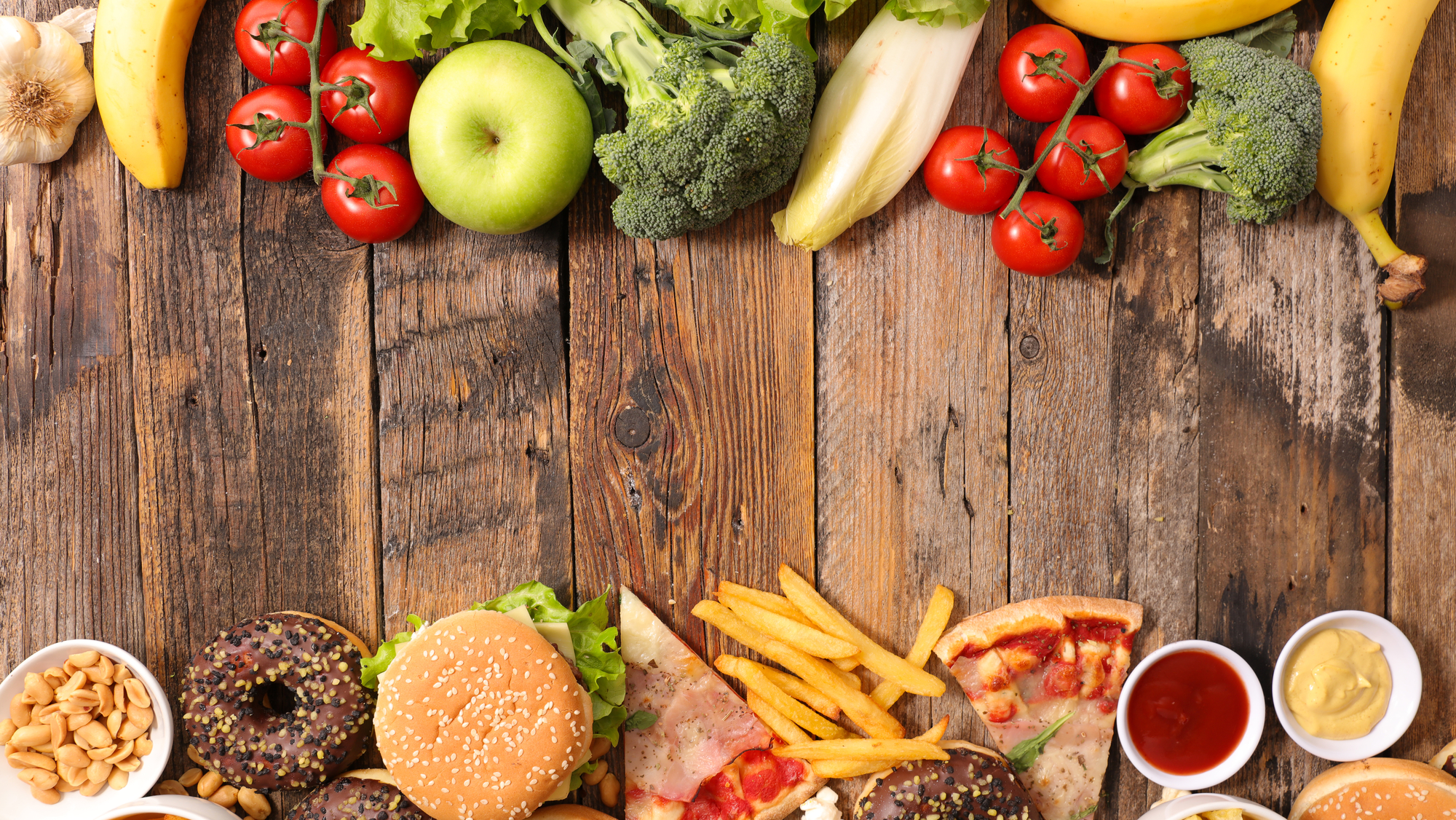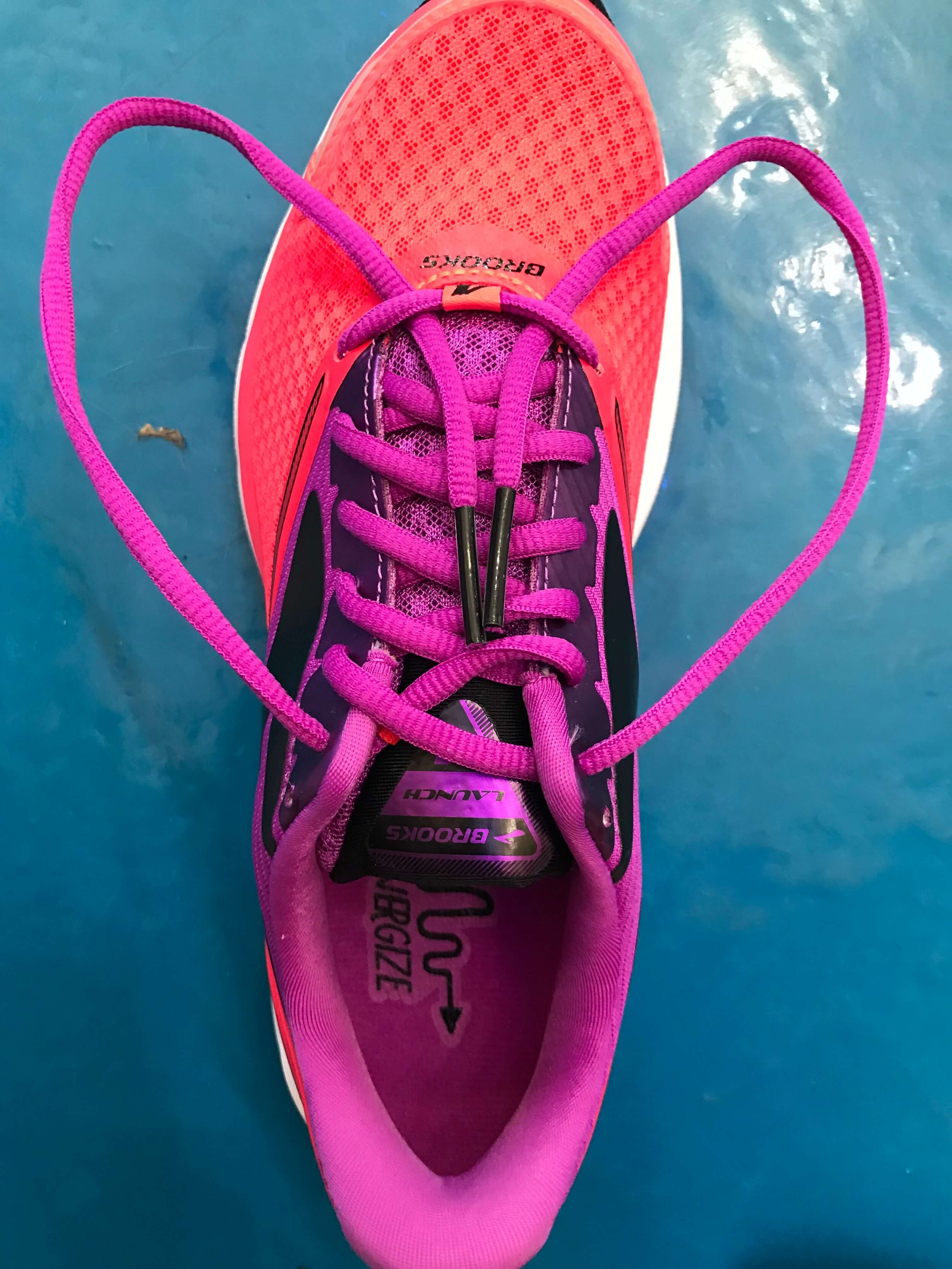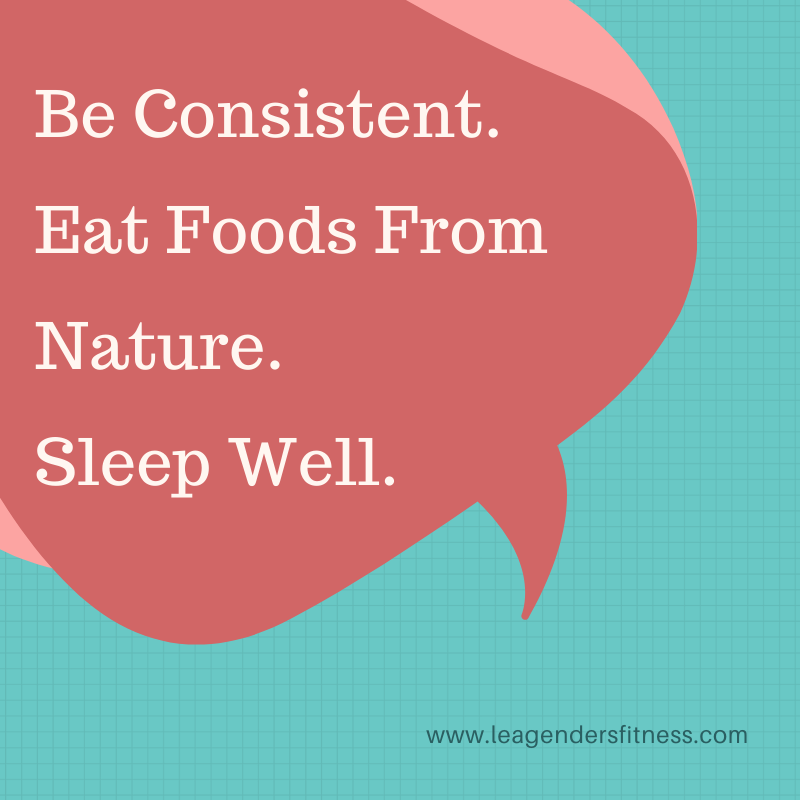Habits shape our lives. Good or bad, habits are the activities we do on autopilot without thinking about them. We get out of bed and make a beeline for the coffee pot. We brush our teeth before bed, we drive the same route to work, sit at the same table at lunch and go to the same restaurant on Friday nights. I have good and bad habits, we all do. Every night after dinner, I do the dishes, then sit on the couch for snack and (currently) an episode of Game of Thrones. (Cersei? Really? You're pulling that crap again?) Could I do more productive things with my hour? Sure. Am I hungry? Do I need a snack? Probably not. It's just what my brain like to do, it's what's normal. It's what feels good and safe. (This may be the first time in history that anyone ever said Game of Thrones makes them feel good and safe.)
I conditioned my brain for this to be normal behavior after dinner. It's not bad, necessarily. Spending an hour in a guilty pleasure to unwind at the end of the day is probably fine as long as I am taking care of my responsibilities first and there's nothing wrong with a healthy (or even an occasional less-than-healthy snack) as part of balanced nutrition. How can I make this habit better? Usually we fall into habits without much thought or planning. They are just the things we do because our brain is used to doing them.
The beautiful thing about habits is that we can work on developing new healthy habits so that our exercise and nutrition are on autopilot too. It's a simple concept but it's not necessarily easy. It's hard work. It takes time, but once developed the habits of eating healthfully and regular exercise can become effortless activities that you do because they makes you feel normal, safe and good. (Just like Games of Thrones. Just Kidding). No more daily forcing yourself to go to the gym against your will. no more internal battles in your head about your choices for lunch. Once the habits of healthy living are established, (it takes time!) it makes it all so much easier. You don't have to rely on willpower or motivation. It's all in the habits once you train your brain.
Some people take the white-knuckle approach to healthy living. They hold on tight, bear through it, grit their teeth and force themselves to eat kale and hit the gym at the busiest hour every single day. That may work for a time, but only for a time. How long will you endure punishment? How long until you fall off the wagon? Light the wagon on fire and live your life without strict exercise and nutrition rules while still living a healthy lifestyle. You can't fall off the wagon if there is no wagon. How do you turn healthy living into a series of habits on autopilot instead of a series of punishments?
AWARENESS
The first step in changing our habits is awareness of our current habits. Do you check your phone as soon as you wake up? Pop open a beer every Friday night? Take a walk after dinner? Eat a snack at 3pm everyday? Good or bad we all have habits. Some are bringing us closer to our goals and some are (subconsciously) taking us further away. We don't even think about that candy from our co-worker's desk we pop in our mouth every time we pass. What are the automatic actions that are driving your day?
Spend an entire day writing down the actions you take on autopilot. Good, bad and neutral. Pay attention. What actions are you repeating on a daily basis without thought? There is no judgement in this exercise. It's just an exploration of current habits. Not all habits are bad and need changing.
HABIT SWAPPING
After you spend a day writing down your daily habits, think about which habits you may want to change or improve upon. It's important to note that you should not attempt to change all your bad habits at once. As I mentioned, this takes time. Choose one thing to work on at a time. Maybe you hit the soda machine everyday at 3 o'clock for a mid afternoon caffeine boost. If you want to reduce your soda intake, this habit may be a good place to start.
Maybe you could replace your soda with a sparkling water. I personally found the fizziness of sparkling water makes a suitable replacement for soda without the calories. If that is too much of a jump for you then maybe you could replace a full calorie drink with a diet drink.
"But Lea," you ask, "I thought diet drinks weren't that healthy either?" My philosophy on healthy living is that it is not about being perfect, it's about improving habits, one tiny step at a time. If you are not ready to switch from soda to water because it is too much of a jump, then a diet drink may be the bridge that gets you there eventually. It's never about being perfect, just a little bit better than before.
Maybe I can stretch or foam roll during my Game of Thrones hour. I could do a burpee everytime someone dies or says "winter is coming." (That could be exhausting.) That is taking a current habit and improving it.
Maybe you could get your mid afternoon energy boost by taking a 10 minute walk instead of drinking a soda. What do you think would work for you? What would be a suitable swap for this habit? There is no right or wrong answer, just the right or wrong answer for you.
We are not trying to go from bad habit to perfect living (spoiler alert: there's no such thing). We are aiming to improving our habits one small step at a time. What could you work on first?
ENJOYMENT
I said it once before but it bears repeating now (if you get the reference, I love you). Healthy living as punishment for being overweight or eating "bad" foods is not an effective long-term strategy. You can not force yourself to do things you view as punishment for an extended period of time.
You don't have to atone for your food sins with exercise. You don't have to give up every food you ever loved in exchange for chicken and broccoli. These things don't work for long term weight loss.
You have two options that do work. You can either find the activities/foods that you love that also happen to be healthy and do more/eat more of those or you can learn to love new activities/foods that are healthy.
If you hate running, then please don't try to force yourself to run. What do you love? Weightlifting? Zumba? Yoga? Walking? Rollerblading? Trampoline acrobatics? Find a way to move your body that you enjoy and do more of that. Does everything feel hard and uncomfortable? Of course it does. That's actually normal.
Give it a real chance. Try something new. Start small. Stick with it long enough to get through the newbie pains and benefit from the newbie gains. There are definite benefits to being a newbie. Whatever you try, give it three months. If you still hate it after three months, find something else. Movement is natural. Find the movement that feels natural for you. Start as small as you need to...
SMALL STEPS
The biggest mistake people make when trying to make lifestyle changes is that they attempt to change too much at once. You can't change your whole life in one day. It's just not how humans function. "Starting in January I am going to get up at 5am, exercise, eat a salad for lunch and dinner, read a book and clean my house every day." It won't last for long. Most people in this scenario will quickly become frustrated, overwhelmed and go back what feels good.
Take one thing at a time. Want to get up earlier? Set the alarm for 10 minutes earlier and get used to that for two weeks, then add another 10 minutes until you are at the time you want to get up. It takes longer to get there, but the habit sticks. If you set your alarm for an hour earlier then turn it off every day until you eventually stop setting it at all, you'll never get there. Slow, small steps are more effective.
If you want to eat healthier, start by adding vegetables to every meal. That's it. Do that for a while, then decide what feels like the next natural small step. Need help? That is what my nutrition habits coaching program is all about.
CONSISTENCY
The most important piece of building a habit is consistency. The way you train your brain for a new habit is by being consistent. Want to get in the habit of exercise? Set aside 10 minutes a day, every single day. In the beginning it is more about the consistent action than it is about the exercise.
Tell yourself you can never miss your 10 minute exercise session. Do it at the same time every day if you can. Whether it is a mile run, a quick bodyweight strength routine, a Yoga sequence, a walk or mobility work, get in the habit of 10 minutes every day. It doesn't matter what it is. If you can do more than 10 minutes, even better, but stick to at least your 10 minute a day bare minimum goal. 10 minutes too hard? Start with five. Move up to 10 later. Start as small as you need to in order to be consistent.
At the end of the week, even if you only got in your 10 minutes every day, you completed an hour and ten minutes of exercise, which is still better than nothing.
Whatever habit you choose to change or improve upon, It is important you do it every single day. Consistency is key to building a new habit.
EXPECTATIONS
Change is hard. Healthy living changes are extremely hard. Set your expectations up front. Don't expect that your 10 minute a day exercise habit will cause you to lose 30 lbs in three weeks. Don't imagine that switching from regular soda to diet soda will melt your fat off or doing 100 crunches a day will give you six pack abs (spoiler alert: it won't). When you change your habits the changes start on the inside that you can't see. You are improving your health from the inside out.
You will mess up. Repeat after me, "I will mess up." We all do. It's part of that whole human thing. Do the best you can, when you do mess up (you will), get back up and move on. Leave the mistakes behind you, learn from them, try to do better tomorrow. Failure is part of it.
Jaime Lannister: There are always lessons in failures.
Olenna Tyrell: Yes. You must be very wise by now.
Ok, I'm done geeking out now.
Extreme measures might have faster short-term results, but are those results sustainable? Consider this: If you lose 20 pounds in four weeks but then 12 weeks later gain it all back (plus more) was it worth the extreme measures? Or is it better to lose twenty pounds in six months but keep it off forever, because you lost the weight slowly by changing your lifestyle habits in a sustainable manner?
When we shift our focus away from quick fixes, fat loss shakes, supplements and extreme exercise programs in order to focus on healthy habits then a healthy lifestyle naturally emerges. It takes longer but it is worth it because you don't have to beat yourself up trying to force behaviors that are unnatural for you. Manage your own expectations. Focus on health and wellness rather than weight loss. Love the process.
SUPPORT
One of the biggest factors in success when making changes is support. Who can you lean on? Do you have an accountability buddy? One idea is to simply find a friend with similar goals and agree to hold each other accountable to your new healthy habits. Send an email or a text every day confirming you are staying on track with your new habit.
Join a run club, find a meetup group, join a Facebook group, hire a coach, go to a fitness class, surround yourself with like-minded people. It's easier than ever to connect with people with similar goals.
Need more support? My online nutrition habits program from Precision Nutrition is a year-long curriculum designed to build healthy habits from the ground up. It's the sane and sustainable way to healthy living. Learn more about how you can quit diets, stop relying on willpower and motivation, and make healthy living a habit once and for all. The first month is 75% OFF to try!
Like this post? It helps me when you share with your friends and followers.













Discover the 5 stages of fitness progression—from building the habit to optimizing your routine. Learn how to stay consistent, make progress at your own pace, and create a sustainable fitness lifestyle without the pressure of perfection.